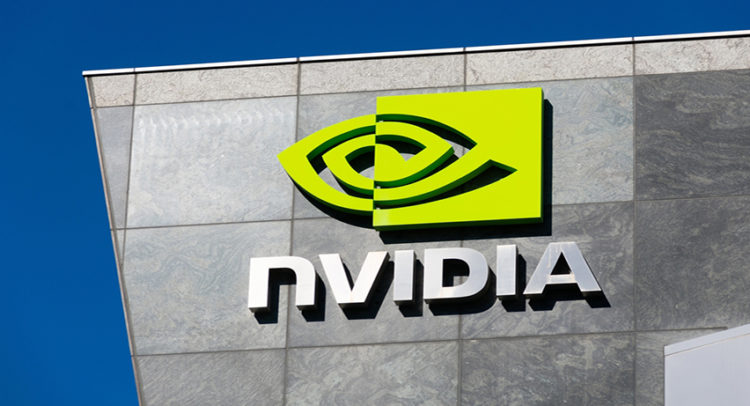After briefly becoming the world’s most valuable company last week, Nvidia has experienced a significant downturn, dropping for three consecutive trading days and falling 13% from its peak.
Monday’s Significant Slide
On Monday, Nvidia faced its second steepest drop of the year, with its stock falling 6.7% to $118.11. This decline not only affected Nvidia but also led to a downturn in other chipmakers and tech companies tied to the AI boom. Super Micro Computer, which sells servers packed with Nvidia’s AI chips, fell 8.7%, and Dell, a competitor in that market, dropped 5.2%.
Broad Market Impact
The impact was widespread among chip designers and semiconductor giants:
- Arm dropped 5.8%
- Qualcomm fell 5.5%
- Broadcom declined 3.7%
These companies have been some of the biggest gainers in recent years, fueled by heavy investor betting on their roles in the AI spending wave.
Nvidia’s Year of Growth
Despite the three-day slump, Nvidia’s value has nearly tripled in the past year. Last week, it briefly surpassed Apple and Microsoft to become the most valuable U.S. company with a market capitalization over $3 trillion, before losing some of those gains. On Monday, Nvidia was the fourth-biggest loser in the S&P 500, although Super Micro remains up almost 200% in 2024.
Profit-Taking by Investors
The recent downturn may be attributed to investors locking in gains after several hot months. “I don’t think the party is over, but it’s had a heck of a run and there are so many other places in technology that offer better attractive risk/reward,” Hightower’s Stephanie Link told CNBC, describing Nvidia shares as “overloved.”
Continued Demand and Future Prospects
Nvidia has indicated that demand for its AI graphics processing units (GPUs) remains high, with companies like Microsoft, Google, Amazon, Oracle, and Meta purchasing billions of dollars’ worth of chips to power their data centers and cloud services.
Long-Term Outlook
Ray Wang, founder of Constellation Research, expressed optimism about Nvidia’s future. “Nvidia’s performance is going to continue for the next 18-24 months,” he said on CNBC’s Squawk Box, suggesting it might be a good time to buy the dip.
Nvidia’s recent performance highlights the volatile nature of the tech market, particularly for companies at the forefront of the AI revolution. Investors and analysts alike will be watching closely to see how the company navigates the coming months.

